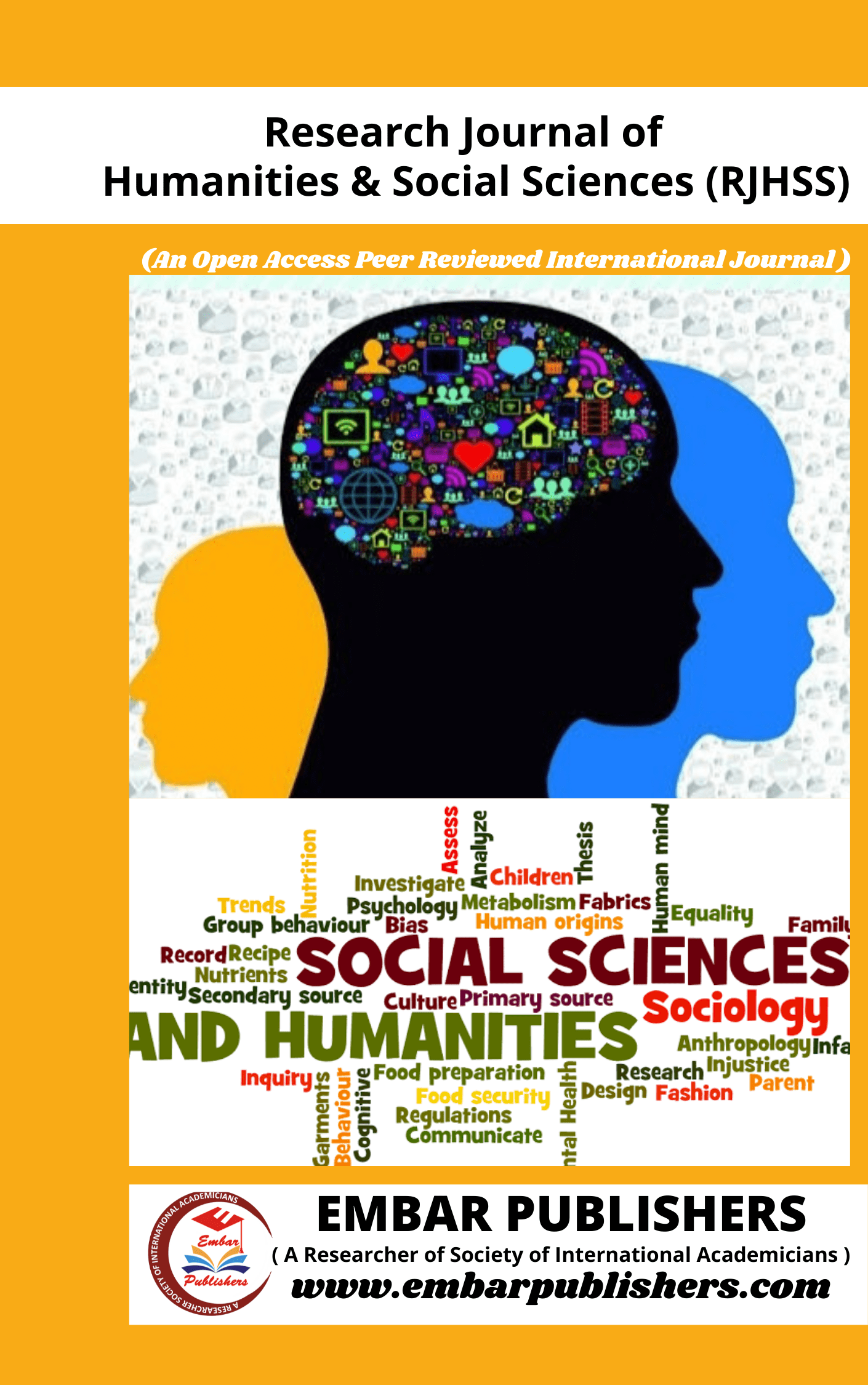
The Impact of Globalization on Indigenous Cultures: Preservation and Adaptation
Dr Mohammad Afsar Alam
Associate Professor, Dept. of Geography Jamia Millia Islamia, New Delhi
DOI: https://doi.org/10.58924/rjhss.v4.iss1.p1
Published Date: 11-Jan, 2025
Keywords: Globalization, Indigenous Cultures, Cultural Preservation, Cultural Hybridization, Technology in Cultural Preservation
Abstract:
The rapid expansion of globalization has profoundly influenced indigenous cultures, presenting both opportunities and challenges in the preservation and adaptation of traditional ways of life. This research paper explores the multifaceted impact of globalization on indigenous communities, focusing on the erosion of languages, traditional practices, and cultural identities, as well as the strategies employed by these communities to maintain their heritage. Through a comparative analysis of case studies, including the Māori of New Zealand and the Inuit of Canada, this paper examines how indigenous cultures blend traditional practices with modern influences through cultural hybridization, leverage technology for cultural preservation, and navigate political and legal frameworks designed to protect their rights. The findings highlight the resilience and adaptability of indigenous peoples as they negotiate the complexities of a globalized world while striving to preserve their cultural integrity. The paper concludes by emphasizing the need for context-specific strategies and continued support from governments, international organizations, and broader society to ensure that indigenous cultures not only survive but thrive in the future.
References:

Journal: Research Journal of Humanities and Social Sciences
ISSN(Online): 2945-3968
Publisher: Embar Publishers
Frequency: Bi-Monthly
Chief Editor: Dr N.L.N Jayanthi
Language: English
ISSN(Online): 2945-3968
Publisher: Embar Publishers
Frequency: Bi-Monthly
Chief Editor: Dr N.L.N Jayanthi
Language: English
